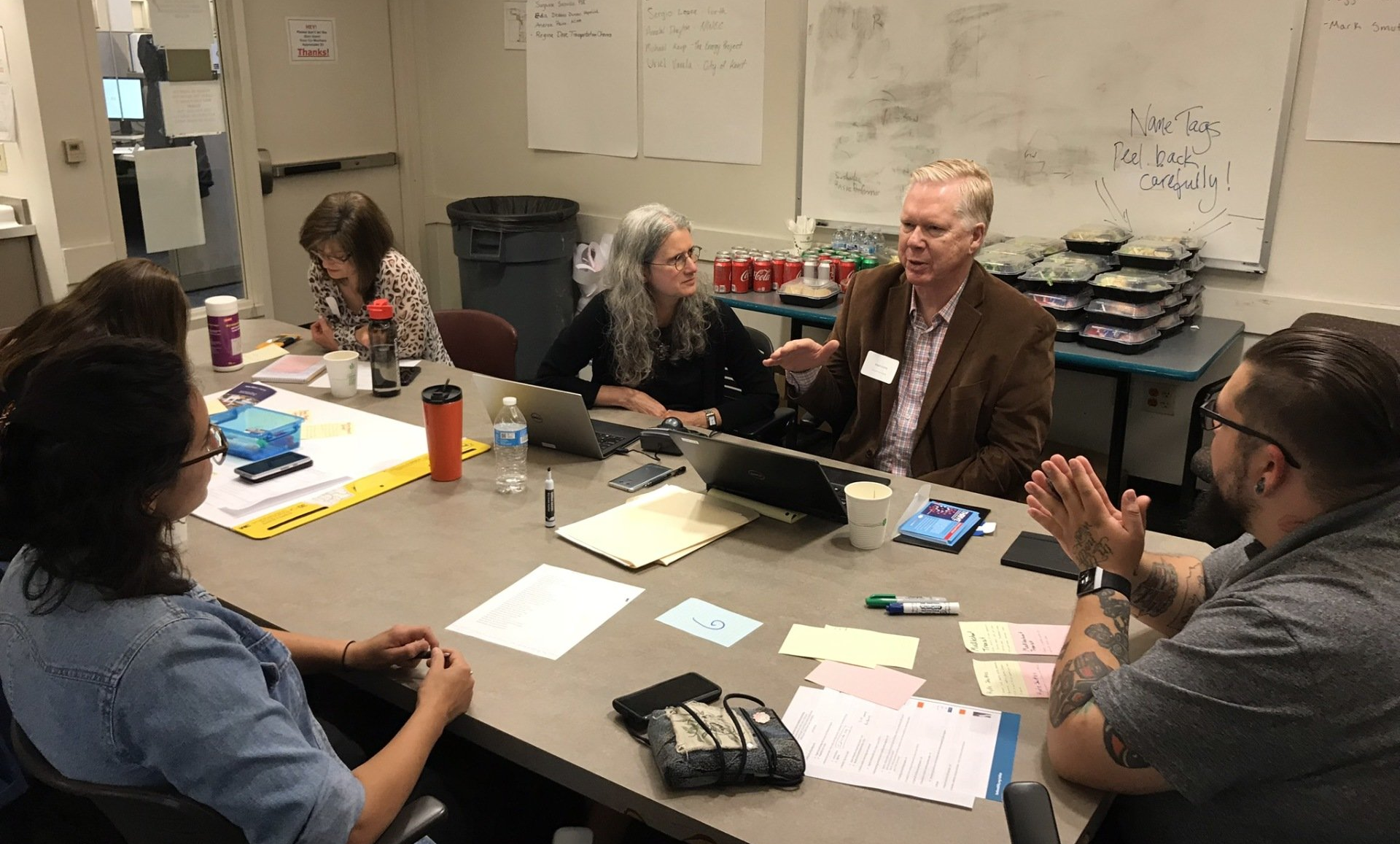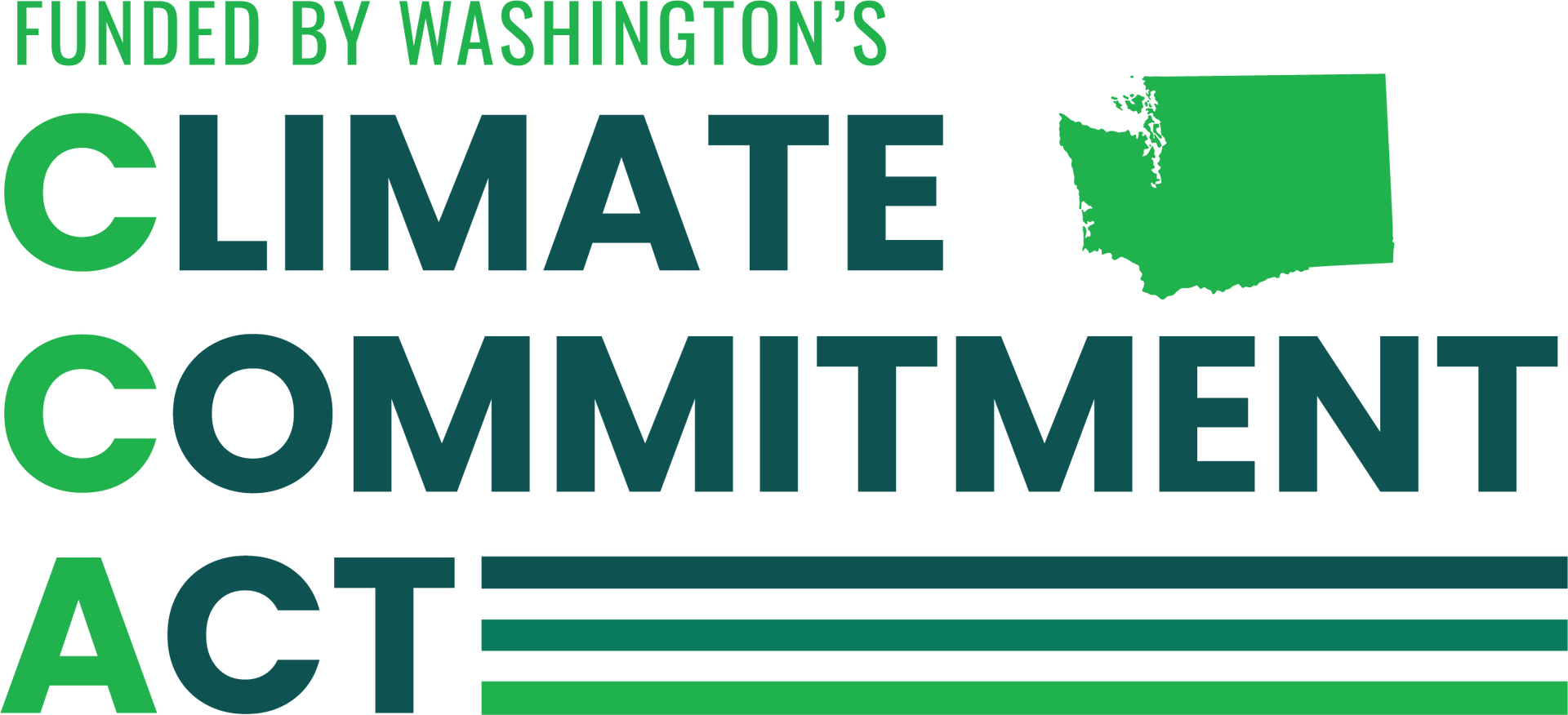South King County Mobility Coalition
About SKCMC
History
Goals
- Identifying gaps within the current transportation network, while coordinating options with other human services.
- Coordinating to create solutions where gaps exist.
- Educating the public and agency personnel about what transportation options exist.
Projects and Resources
View the Coalition's Fiscal Year 2026 Work Plan and the 2024 End of Year Achievements.
The South King County Mobility Coalition has produced a number of deliverables over the years.
These projects include, but are not limited to:
- Cross-county Transportation Project (2024-2025)
- [Digital] South King County Cross-county Transportation Resource Guide
- [Physical] South King County Cross-county Transportation Resource Guide
- Roundtable Conversation Series (2021)
- Care Mobility Rewards Pilot (2020)
- Food Access Needs Assessment
(2019)
- Volunteer Driver Summit (2017)
The South King County Mobility Coalition also offers a variety of resources and reference guides to assist trip planning and traveling around South King County:
Learn about the Cross-county Transportation Project
Upcoming SKCMC Meetings
Meetings
Each year, starting in January, the SKCMC Coalition meets every other month, on the second Thursday, from 10:30 AM to 12:00 PM. Additional events or meetings are scheduled as needed.
Join Today
SKCMC is always looking for new partners who share our passion for improving mobility and access to transportation. To learn more about the Coalition or attend a meeting, call us at (425) 516-5418, email KKane@Hopelink.org , or click here to join the SKCMC Mailing list.









